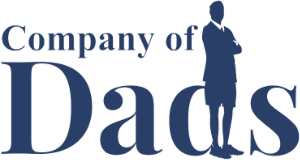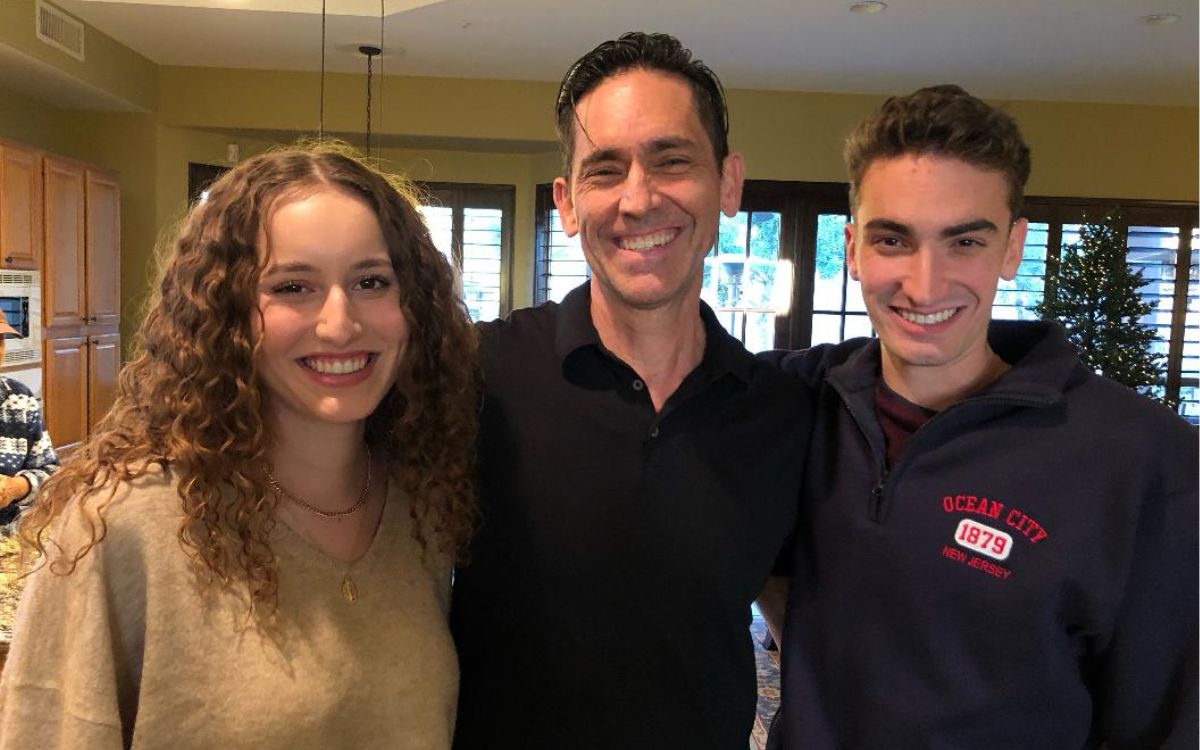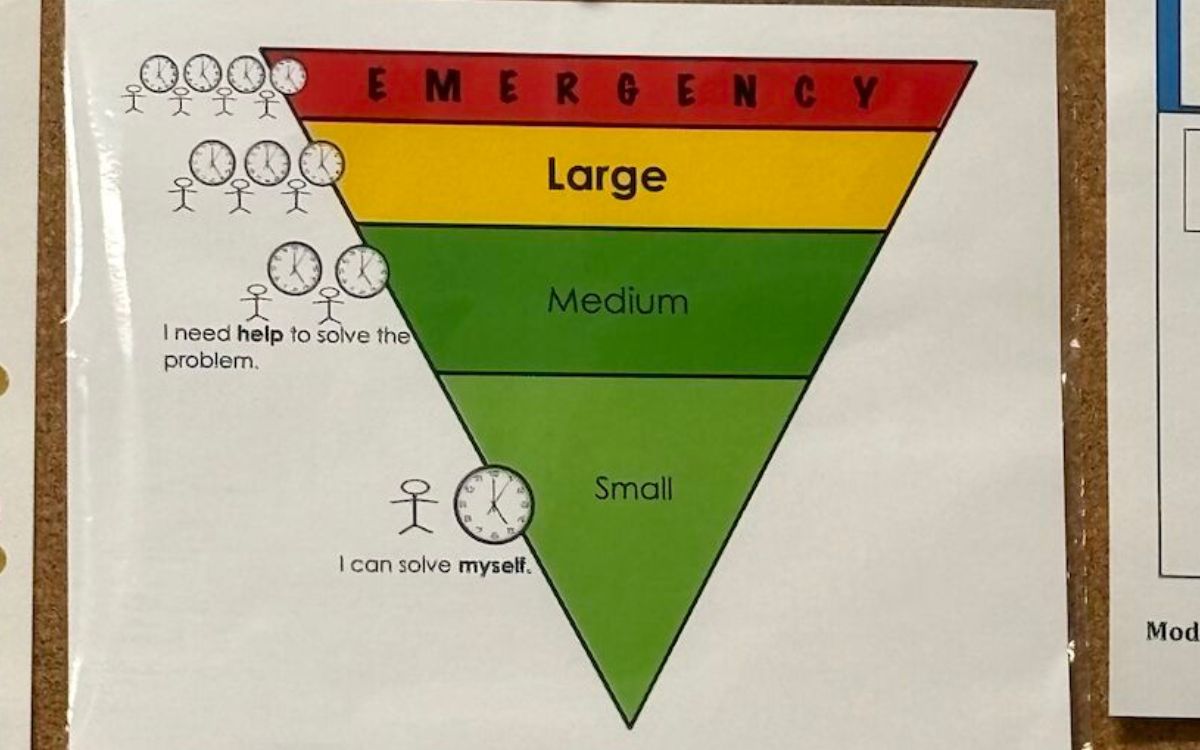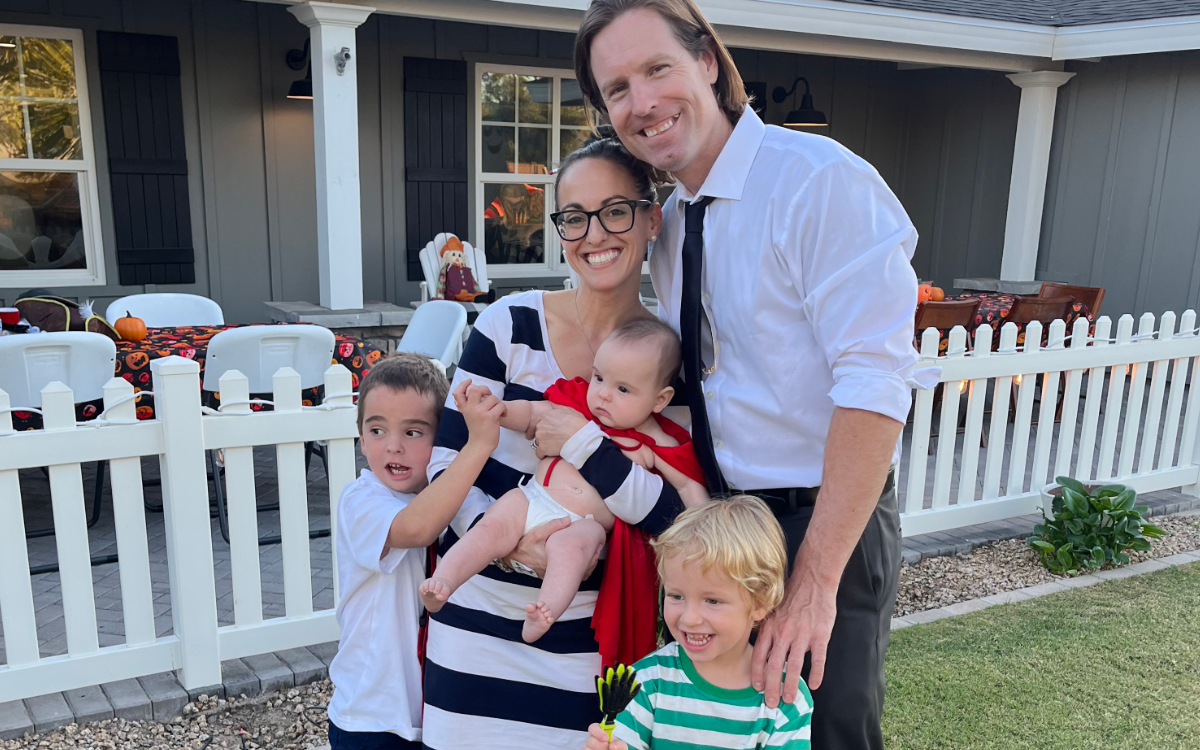Maybe we should cut Jamie Dimon some slack for his return-to-office comments – the colorful ones in that leaked audio Barron’s published.
I mean, Dimon, who will turn 69 next month and is in his 21st year as chief executive of J.P. Morgan, said he’s been working seven days a week since Covid, which started five years ago. And he doesn’t like that there’s no one in the office. Even the “Zoomers” don’t show up to their Zooms, he said.
Plus, the bank’s brand new, $3 billion headquarters on Park Avenue – with space for 14,000 employees – is set to be finished at the end of the year. It’s going to have a food hall, bar, exercise facilities, even on-site PT for all those folks whose backs are shot from being desk bound. One news report said the building will have its own signature scent!
If Dimon found padding around the temporary HQ a bit empty, you can forgive him for worrying what it might be like if he keeps his seven-day-a-week streak going. I’m no aromachaologist, but I’d imagine it would be hard to regulate all that signature scent without 14,000 people warming up the cubes.
Dimon’s main gripe was remote work slows down decision making and isn’t good for creativity. People being together is the way to go.
Unless of course you’re one of the other 300,000 employees that JP Morgan has worldwide in scores of other offices. No signature scent. No onsight PT. Better be a good Zoomer.
I look at arguments made by executives like Dimon – who I interviewed for one of my books and found to be smart and direct – and think: Do they not remember hearing similarly, tone-deaf things from the 60-somethings who were in charge when their careers were taking off?
I’m saddened by executives who have been so successful that they can’t see a new way of working – granted a way that’s come about far more quickly than anyone expected. Dimon’s a successful billionaire who has built a remarkable bank. But has he lost his ability to see how work has changed? It’s not like his 300,000 employees are all ever working at the same time, in the same place.
There are serious challenges the come with managing in a hybrid environment, and in-person work provides many advantages. But economists like Stanford’s Nick Bloom have the research to show that a combination of in-person and remote work is optimal for productivity, mentorship and retention.
Now, Dimon said in the recording that if people want to leave, they should feel free to go. What we’ve found at The Company of Dads around working parents is those people most likely to go are the highest performers and future leaders with the most options. Those are exactly the people you want to keep – whether they get the company’s signature scent in person or bottled to go.












